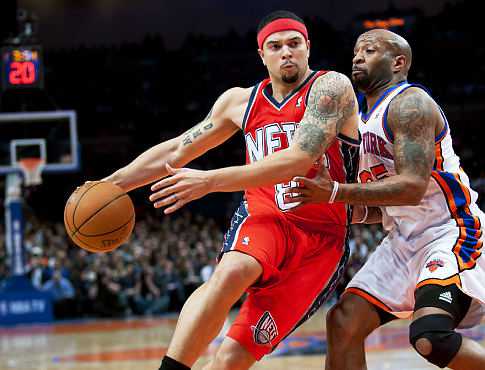By Dan Misener, CBC News
About The Author
 Dan Misener is a national technology columnist for CBC Radio afternoon shows and one of the minds behind Spark with Nora Young.
Dan Misener is a national technology columnist for CBC Radio afternoon shows and one of the minds behind Spark with Nora Young.
In the wake of Sunday’s earthquake in Turkey, Google.org (the charitable arm of the search giant) has launched another instance of its Person Finder tool.
Person Finder is pretty much exactly what it says on the tin. It’s a large-scale, real-time crowdsourcing tool that allows anyone to check or report information about specific individuals during crisis situations.
As I write this on Monday afternoon, the site is tracking the status of about 3,200 people potentially affected by the Turkey quake.
What’s more, the tool has some Canadian roots. Earlier this week, I called up Ka-Ping Yee, a Canadian-born software engineer who serves as the project’s technical lead. Yee told me that Person Finder was launched about two years ago in response to the earthquake in Haiti. “We knew right away that there were a lot of people who were very concerned about their loved ones, and wanted to know if they were all right.
“This seems to happen after every major disaster. One of the first things people want to know is whether their friends and family are OK.”
The tool has since been used after earthquakes in Chile, New Zealand and Japan. Last July, it was used during the flooding in Pakistan. However, some considered the use of Person Finder in Pakistan a failure, because many people affected by the flooding didn’t have internet access.
Getting online
It’s an important point. A database like this can be tremendously helpful in disseminating information, and in helping friends and family members keep up to date about the people they care about.
But at the end of the day, “the tool depends on people having internet access,” says Yee.
Sunday’s earthquake in Turkey cut electricity and phone lines to some areas, and that certainly affected the ability of online crisis tools like Person Finder, as the most widely used internet service in Turkey is DSL, which runs over phone lines.
Also, you usually need electricity to get online. “We’re looking into other ways that people might be able to access or use Person Finder to address that problem,” Yee says.
That’s not to say Person Finder is only useful for people with internet access. The system is set up in such a way that anyone can submit information about anyone, with or without that person’s knowledge or consent.
If you are in Turkey, and I know you’re alive and well, I can post that information (on your behalf), even if you don’t have internet access or power to do so yourself.
‘Testimony’
Aside from Person Finder, there are other software projects working on the issue of information access during a disaster.
For instance, there’s Ushahidi, an online crisis-mapping tool.
Ushahidi is the Swahili word for “testimony” or “witness.” The software collects information, visualizes it and generates real-time, interactive maps.
One advantage of Ushahidi is that it can be updated through a website, through Twitter, or by simple SMS text messages. There’s an Ushahidi instance set up for the earthquake in Turkey, but there doesn’t seem to be much activity there.
These tools highlight the fact that real-time information on the web can be confusing and difficult to follow and that it can be especially difficult to follow as events are developing at a fast pace.
Tools such as Person Finder and Ushahidi, which filter and make sense of this stream of real-time information, can be helpful.
So often we focus on the downsides of others being able to post information about us online without our consent. We complain, for example, when someone tags us in a photo that we’d rather not be tagged in.
But the opposite can be true as well, especially in a crisis or disaster when it can be a good thing to have other people post information about you, to ease the minds of family and friends.
“I personally think that information is extremely important.” Yee says.
“Coordination is a really huge problem. There are lots of actors and organizations and governments that want to help, but coordinating with each other, that’s a really big problem.
“So, Person Finder is not an example of a tool that directly saves lives. But I’m pretty excited about the potential for better information and better coordination to really save lives.”
via The value of Google’s post-earthquake Person Finder – Technology & Science – CBC News.


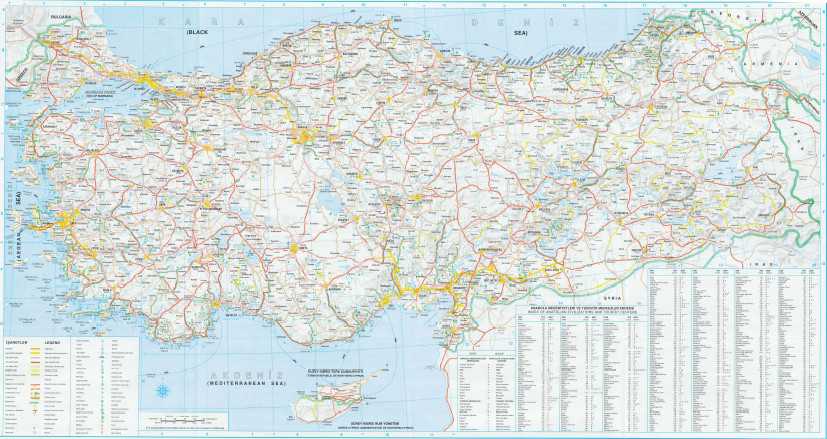
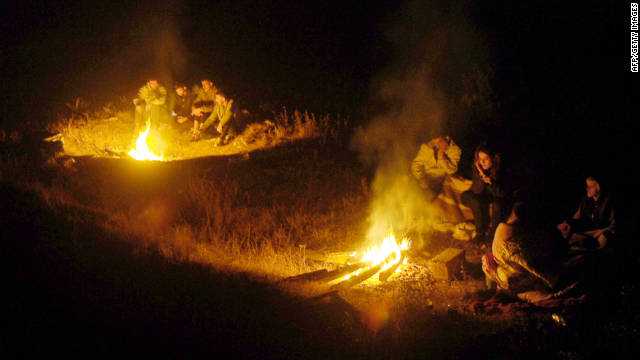
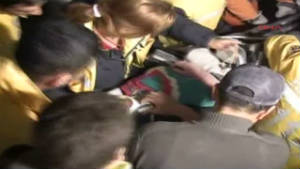 Woman pulled from rubble in Turkey
Woman pulled from rubble in Turkey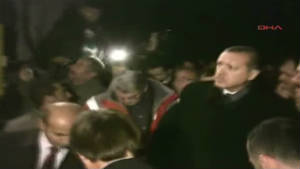 Erdogan views Turkey quake damage
Erdogan views Turkey quake damage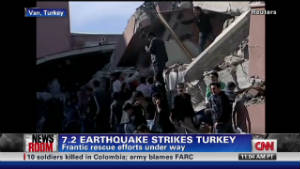 Turkey earthquake damage ‘massive’
Turkey earthquake damage ‘massive’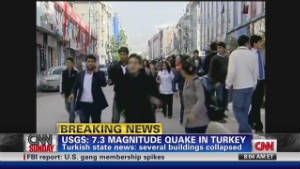 Magnitude 7.3 quake hits Turkey
Magnitude 7.3 quake hits Turkey
